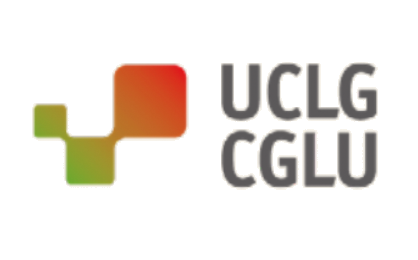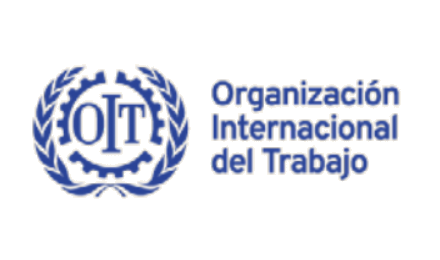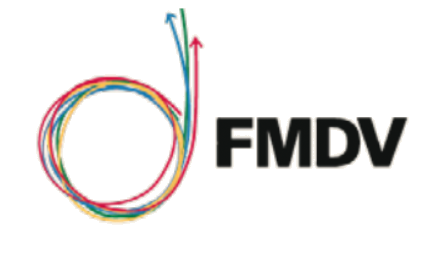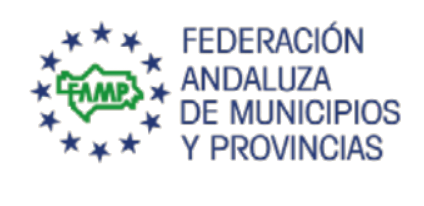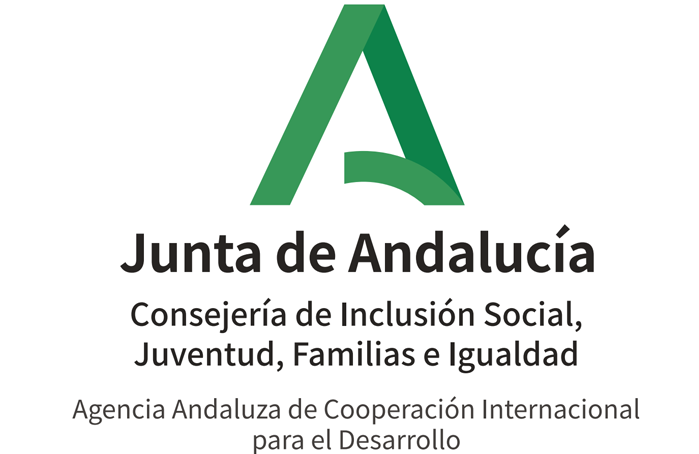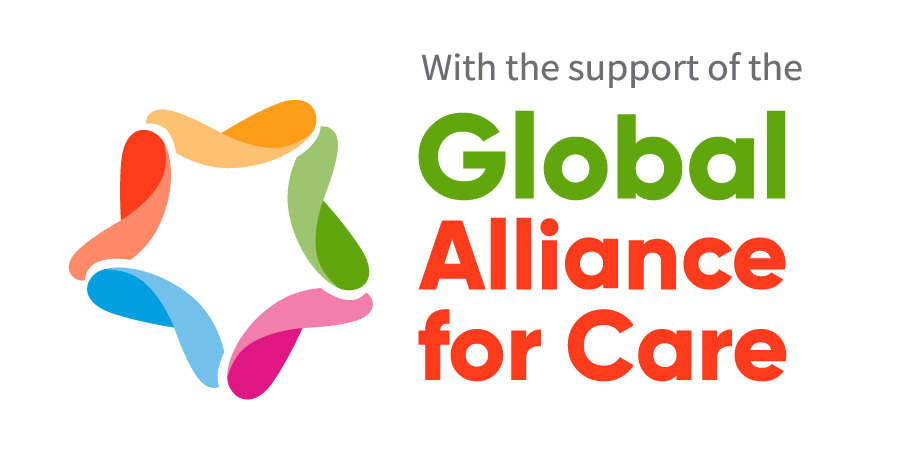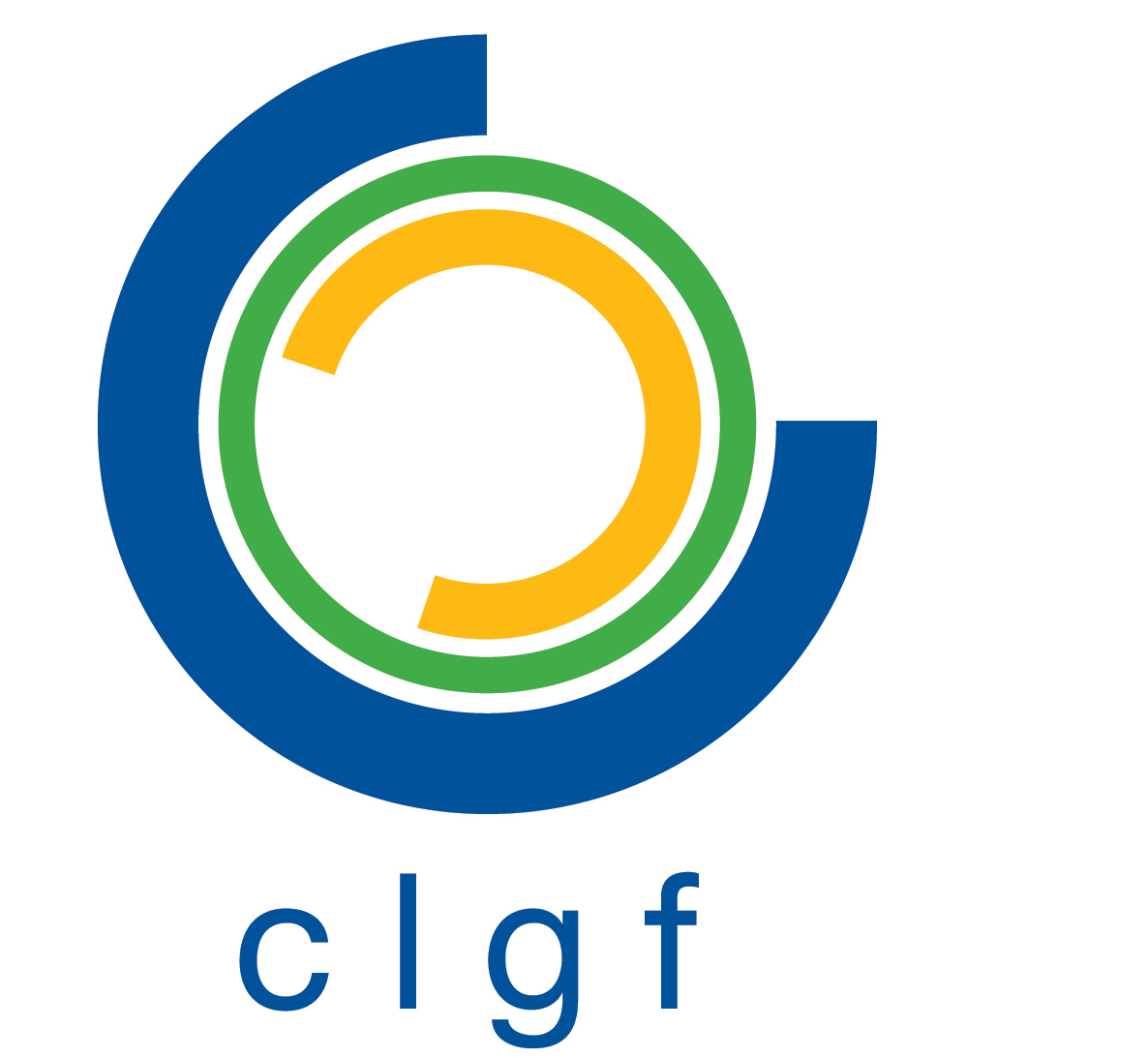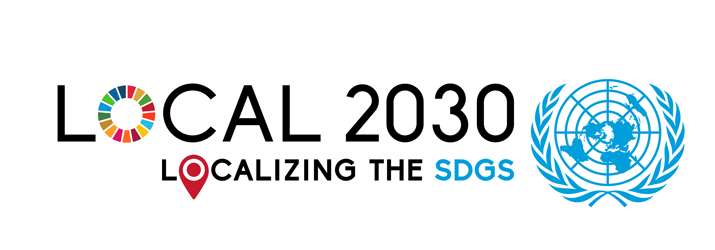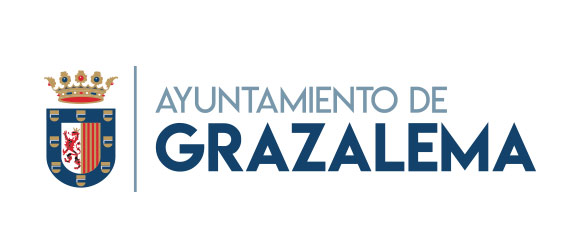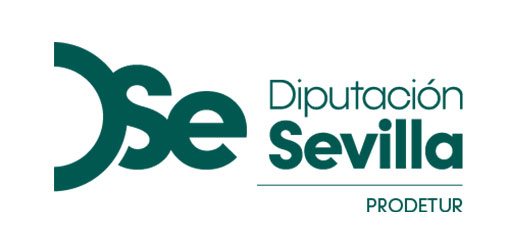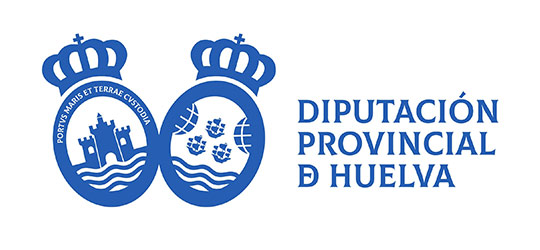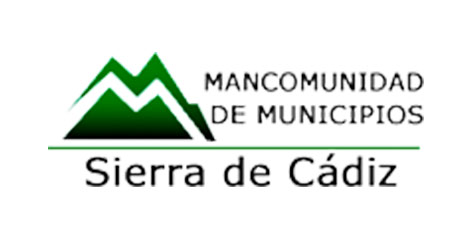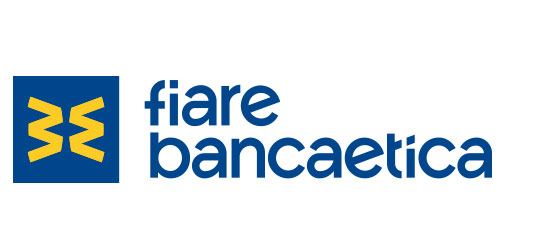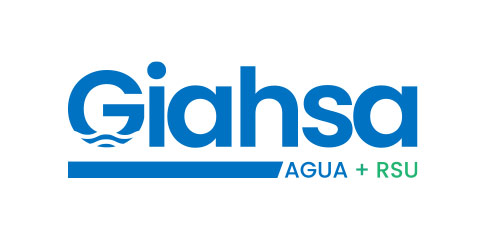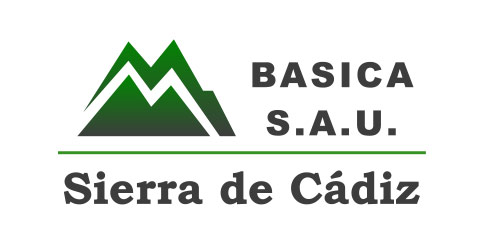Axis 2: Territorial and global coalitions for financing sustainable local economic development
Financing for local economic development (LED) is an essential component to boost sustainable and inclusive territorial progress. This theme, relevant for its multidimensional impact, goes beyond simple investments, and must be aligned with objectives jointly defined by territorial actors, considering the characteristics and needs of each context. This strategic approach seeks not only to promote economic growth, but also to improve quality of life and reduce inequalities.Financing should be part of a comprehensive strategy that encompasses key sectors such as infrastructure, education and health. For example, investment in infrastructure not only improves connectivity and reduces logistics costs but can also increase the competitiveness of territories in global markets. However, reducing transport costs can open the door to products from external competitors, underlining the need for complementary policies that protect local producers.
Similarly, investments in education and health strengthen human capital, an essential resource for productivity and innovation. But if these initiatives are not accompanied by the generation of employment opportunities, there is a risk that skilled labour will migrate in search of better options, leaving a vacuum in the territories of origin. This highlights the importance of adopting a systemic vision when planning LED financing, ensuring coherence between investment, training and employment.
Financing for development plays a crucial role in reducing inequalities. Programmes that support access to housing, clean water and microcredit improve the living conditions of the most vulnerable populations, enabling them to actively participate in the economy. In addition, financial inclusion, facilitated by tools such as mobile banking and microfinance, allows small businesses and individuals to access basic financial services, promoting equitable growth.
The focus on sustainable and socially responsible initiatives is transforming the financial landscape. Concepts such as “social finance”, “ethical banking” and “social impact bonds” are increasingly being integrated into development strategies. For example, the ILO Resolution on decent work and the social and solidarity economy adopted in 2022 underlines the need for specific financial instruments to support these initiatives.
In the context of climate change, investments must prioritise projects that not only boost economic growth, but also protect the environment and build resilience to natural disasters, and the link between financing and sustainability is key to ensuring balanced development.
The Addis Ababa Action Agenda adopted in 2015, in its article 34, recognises the crucial role of subnational governments in the implementation of the global development agenda. Strengthening their financial capacity and linking it to citizen participation is essential, including the promotion of basic services, local infrastructure and institutional capacity building. In least developed countries and island states, international cooperation is essential to ensure access to resources and technical assistance.
Traditional financing models, based on government funds, private investment and bank loans, face significant limitations. Small and medium-sized enterprises (SMEs) and entrepreneurs face significant barriers, such as lack of collateral or credit history, and government budgets are often insufficient or fiscally constrained.
In this context, innovative territorial financing ecosystems emerge as an effective alternative. The diversification of funding sources includes tools such as venture capital funds, microfinance and crowdfunding, which democratise access to capital that, combined with multi-sector partnerships, create enabling environments for local economic development.
The public sector plays a crucial role in these ecosystems through fiscal incentives and regulatory support, while the private sector provides investment and knowledge. Strategic collaboration between the two sectors enhances the impact of these initiatives.
In the framework of the 6th World Forum for Local Economic Development (WFLED) and the International Conference on Financing for Development (FfD4), key areas for addressing LED financing are highlighted:
- National policies and decentralisation: Strengthen local financing through fiscal decentralisation.
- Territorial financing ecosystems: Promote cooperatives, microfinance and crowdfunding.
- Public-private partnerships: Improving local infrastructure and generating jobs.
- Human mobility and remittances: Leveraging remittances for local projects.
- Territorial responsibility and SSE: Involve social and solidarity economy entities.
Financing for LED must evolve towards models that integrate innovation, sustainability and equity, and this implies diversifying sources, promoting multi-sectoral collaboration and incorporating financial tools adapted to local dynamics. Dialogues between territorial actors, national governments and international organisations are essential to articulate effective proposals.
Well-designed financing not only boosts local economic development, but also contributes to the achievement of global goals such as the SDGs, strengthening resilient, sustainable and inclusive territories.



